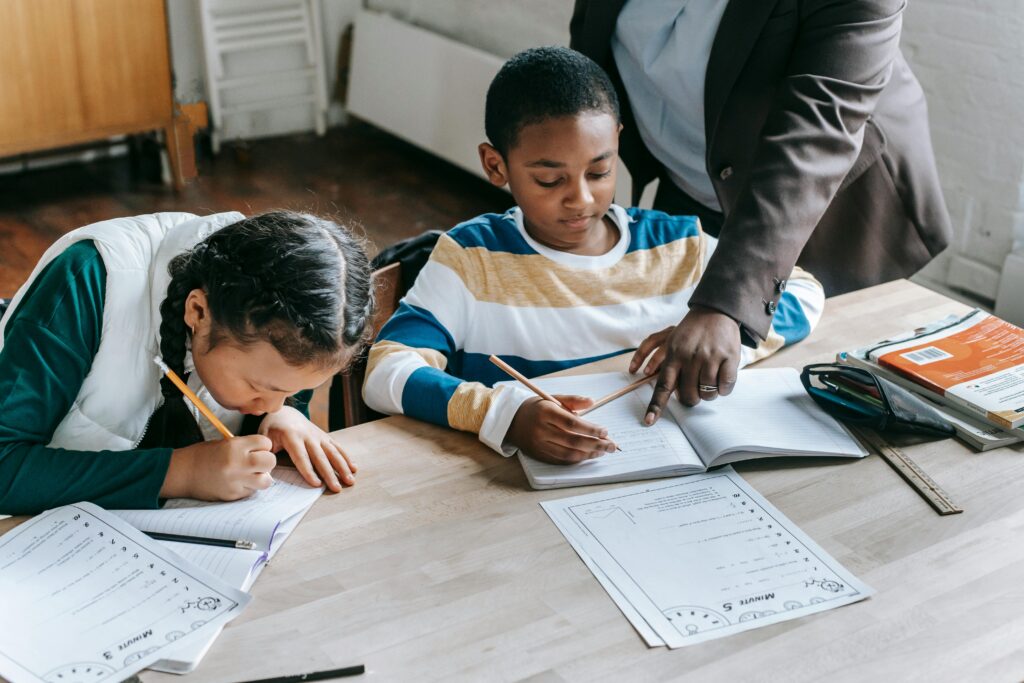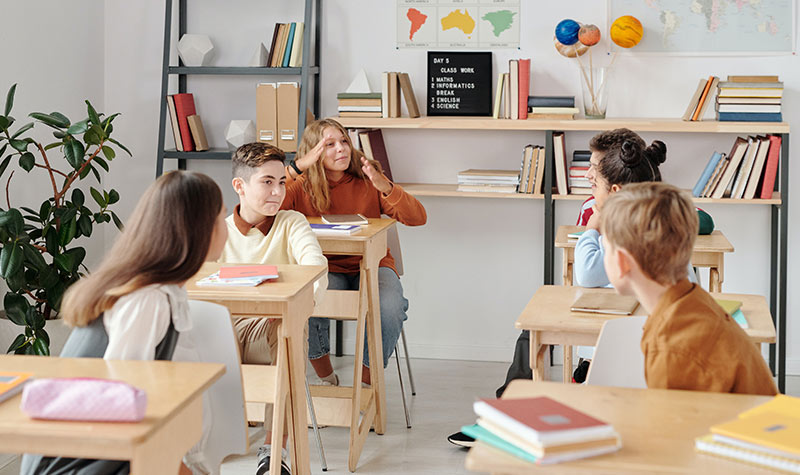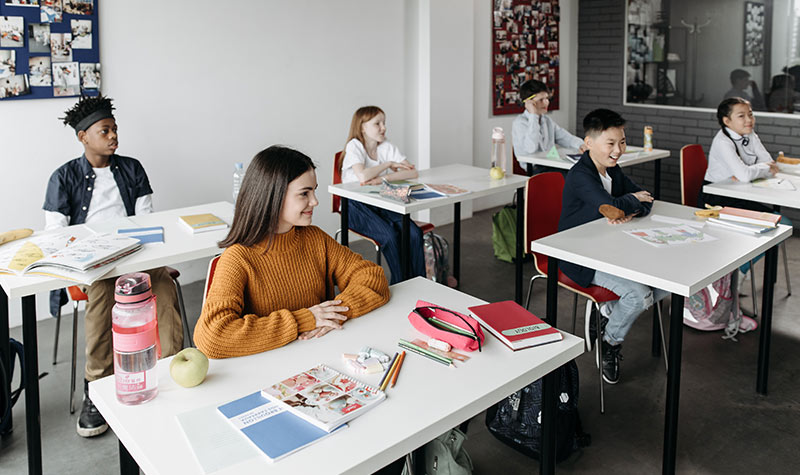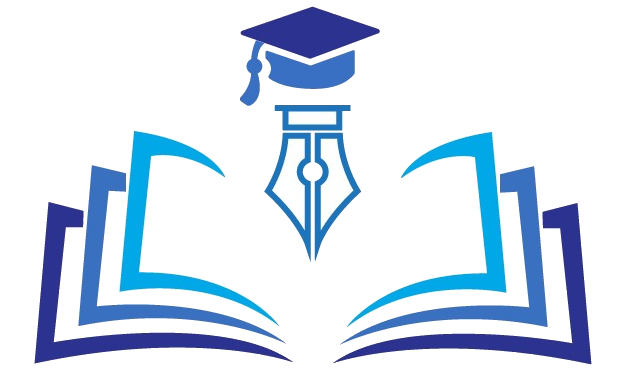The Importance of Personalized Education for School Kids
- August 20, 2024
- aieadmin
- 0
In today’s rapidly evolving world, education is no longer a one-size-fits-all experience. Every child is unique, with their own strengths, weaknesses, interests, and learning styles. Recognizing and embracing these differences is at the heart of personalized education, a transformative approach that tailors learning experiences to meet the individual needs of each student. Here’s why personalized education is crucial for schoolkids.

- Catering to Individual Learning Styles
Children learn in different ways—some are visual learners, others are auditory, and some learn best through hands-on experiences. Traditional classroom settings often struggle to accommodate these varying learning styles, leading to disengagement or frustration among students. Personalized education, on the other hand, allows educators to design lessons that cater to the specific learning preferences of each child. Whether it’s through interactive digital tools, group activities, or creative projects, personalized education ensures that every child has the opportunity to learn in a way that resonates with them.
- Promoting a Love for Learning
When children are taught in a way that aligns with their interests and abilities, they are more likely to develop a love for learning. Personalized education empowers students to explore topics they are passionate about, making learning a more engaging and enjoyable experience. This approach not only helps in retaining information but also fosters a lifelong curiosity and enthusiasm for acquiring new knowledge.


- Building Confidence and Self-Esteem
In a traditional classroom, students who struggle to keep up with the pace of instruction may feel inadequate or discouraged. Personalized education helps to eliminate this issue by allowing students to progress at their own pace. Whether a student needs extra time to master a concept or is ready to move ahead, personalized learning ensures that each child can achieve success on their terms. This sense of accomplishment builds confidence and self-esteem, encouraging students to take on new challenges with a positive mindset.
- Addressing Diverse Needs and Abilities
Children come from diverse backgrounds, and their educational needs vary widely. Some may require additional support in certain areas, while others may need more challenging material to stay engaged. Personalized education allows teachers to identify and address these needs effectively, ensuring that every child receives the appropriate level of support or enrichment. This inclusive approach helps to close achievement gaps and provides all students with the opportunity to reach their full potential.


- Encouraging Critical Thinking and Problem-Solving
Personalized education often involves project-based learning, where students engage in real-world challenges that require critical thinking and problem-solving skills. By working on tasks that are relevant to their lives and interests, students develop a deeper understanding of the material and learn to think independently. This approach not only prepares them for academic success but also equips them with the skills they need to thrive in a complex and ever-changing world.
- Fostering a Collaborative Learning Environment
While personalized education focuses on the individual, it also encourages collaboration among students. In a personalized learning environment, children often work together on projects, share ideas, and learn from one another. This collaborative approach helps to develop social skills, empathy, and the ability to work effectively in teams—essential skills for success in both school and life.


- Preparing Students for the Future
In an increasingly digital world, the ability to adapt and learn independently is more important than ever. Personalized education prepares students for this reality by teaching them how to take ownership of their learning. By setting goals, tracking their progress, and reflecting on their achievements, students develop the self-regulation skills needed to succeed in higher education and the workforce.
Conclusion
Personalized education is not just a trend; it is a necessary evolution in the way we approach teaching and learning. By recognizing and valuing the unique qualities of each student, personalized education creates an environment where all children can thrive. It promotes a love for learning, builds confidence, addresses diverse needs, and prepares students for the challenges of the future. As we continue to innovate in education, personalized learning will undoubtedly play a crucial role in shaping the success of the next generation.


